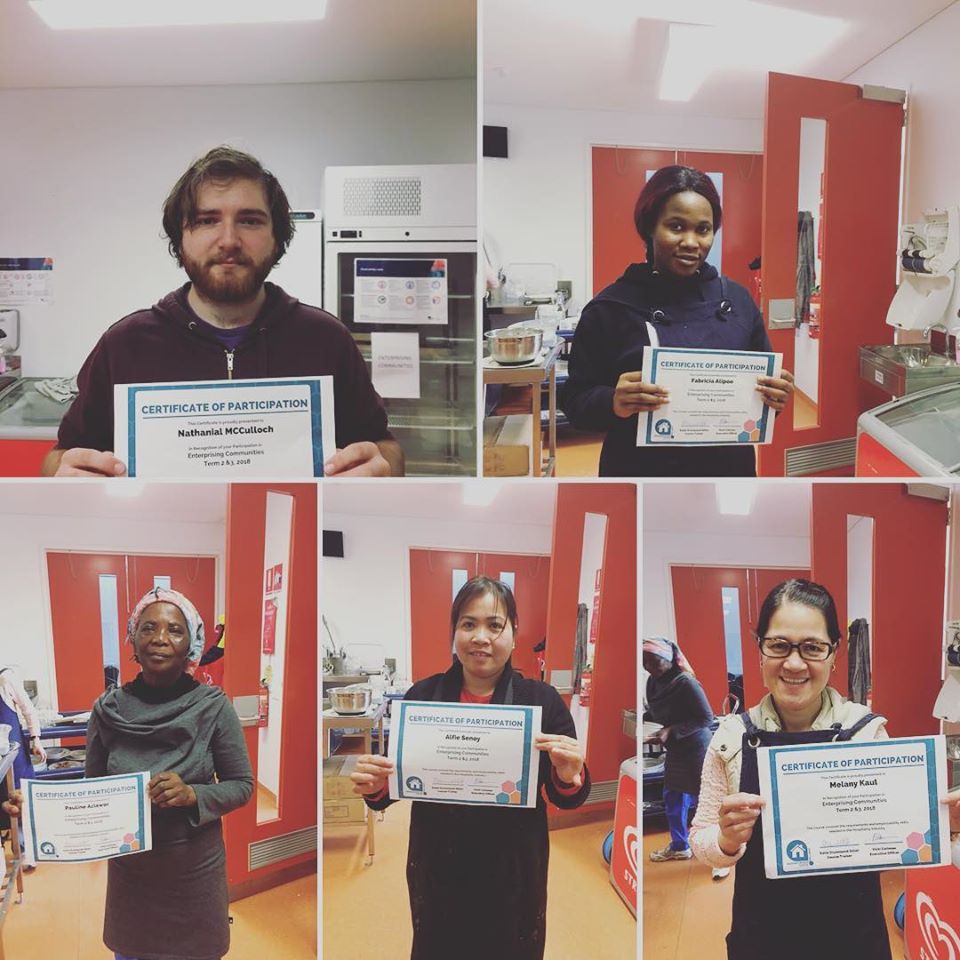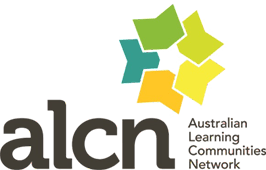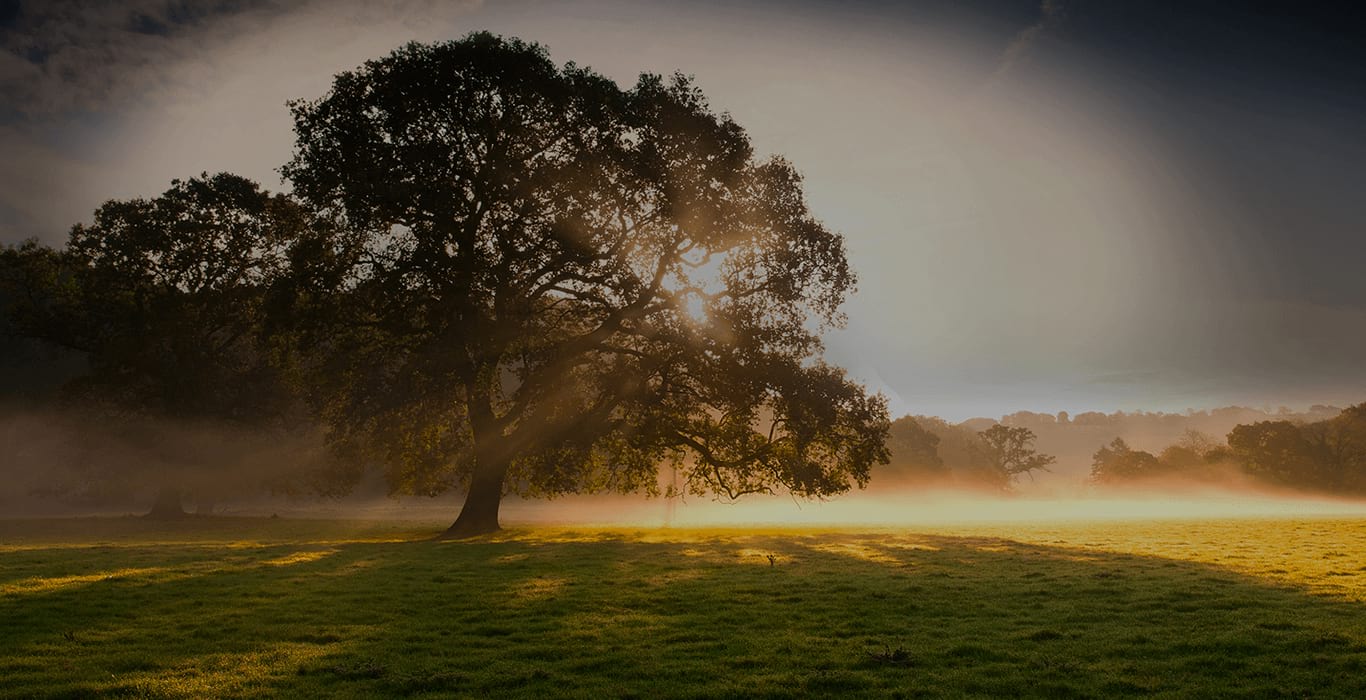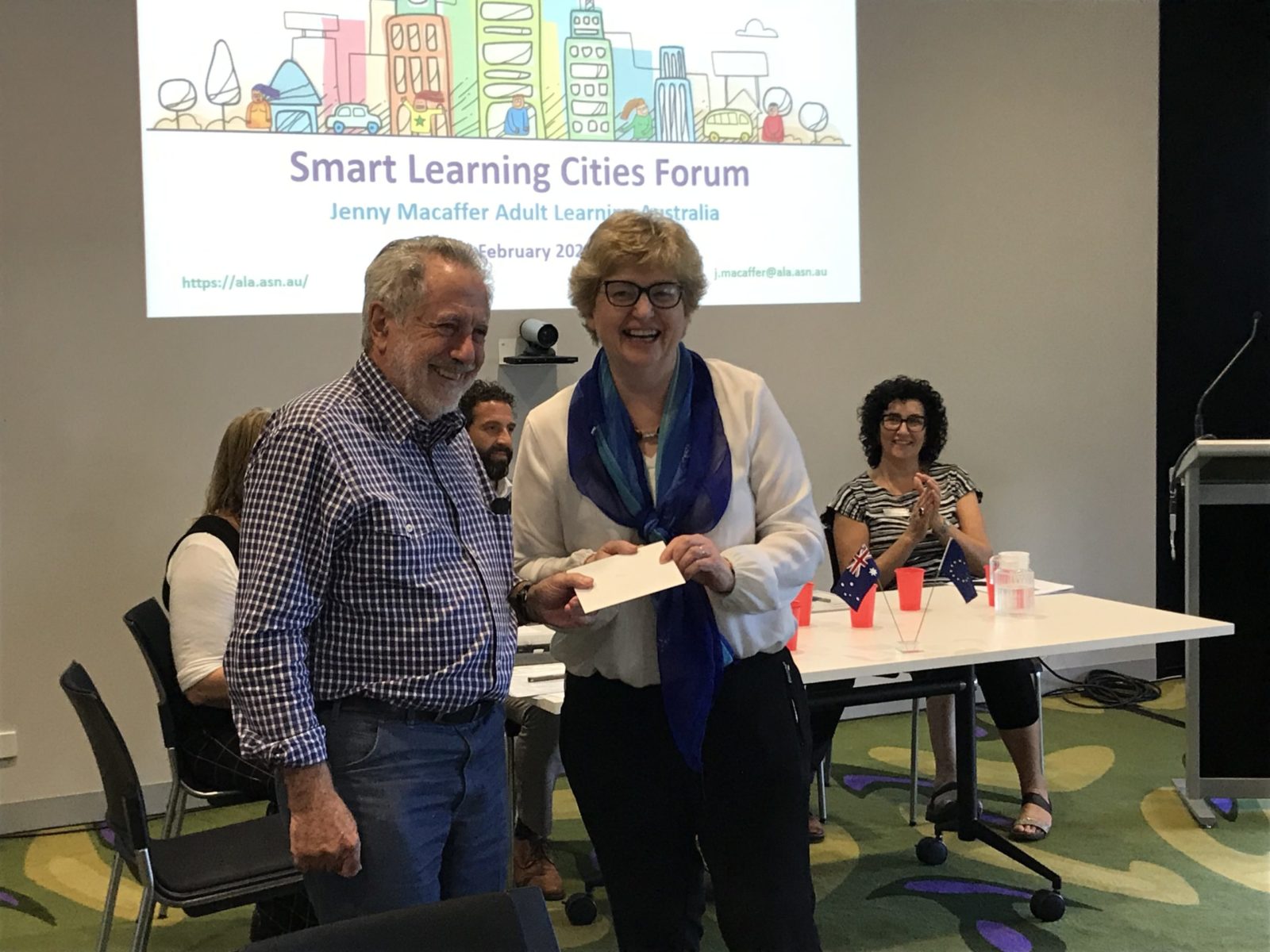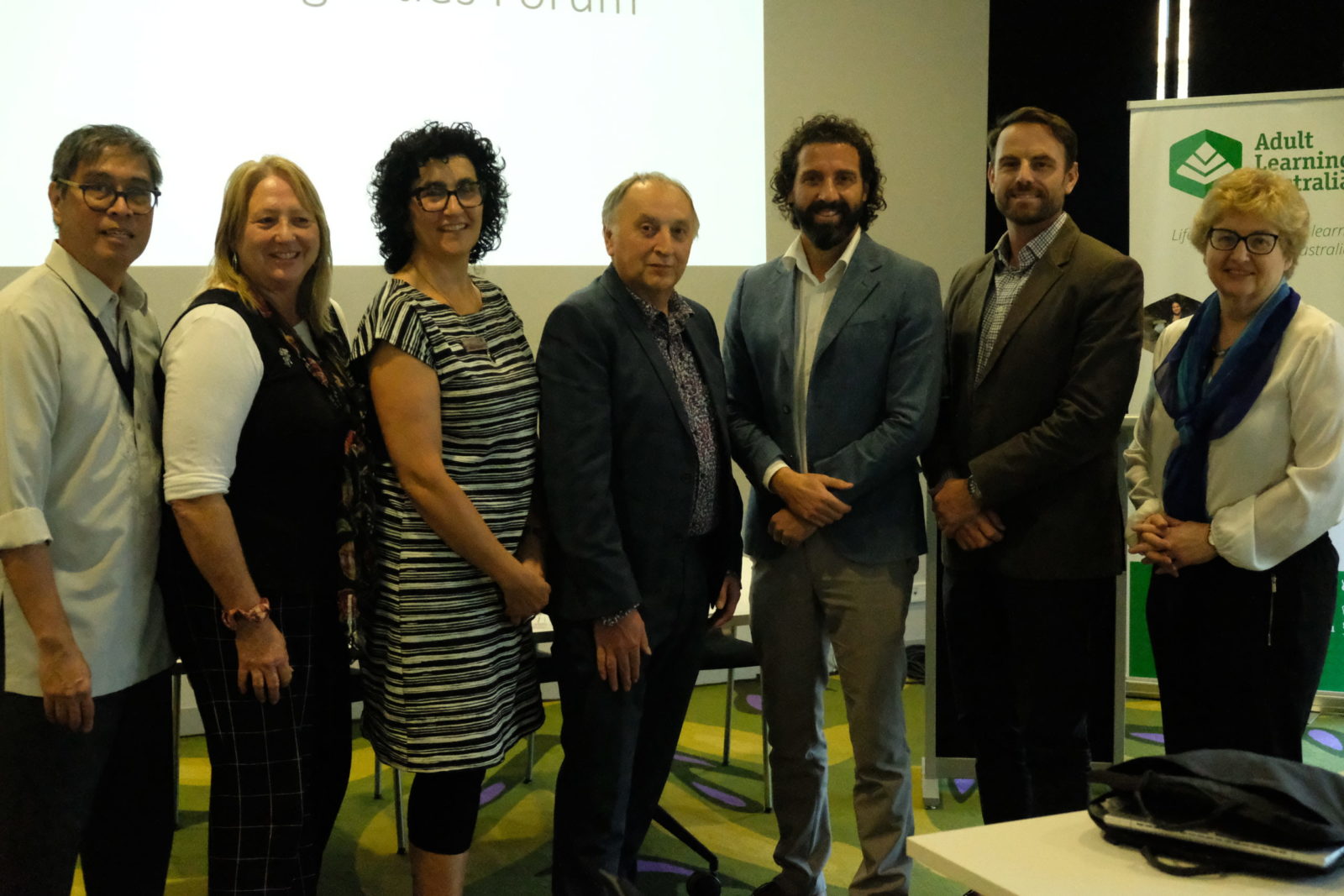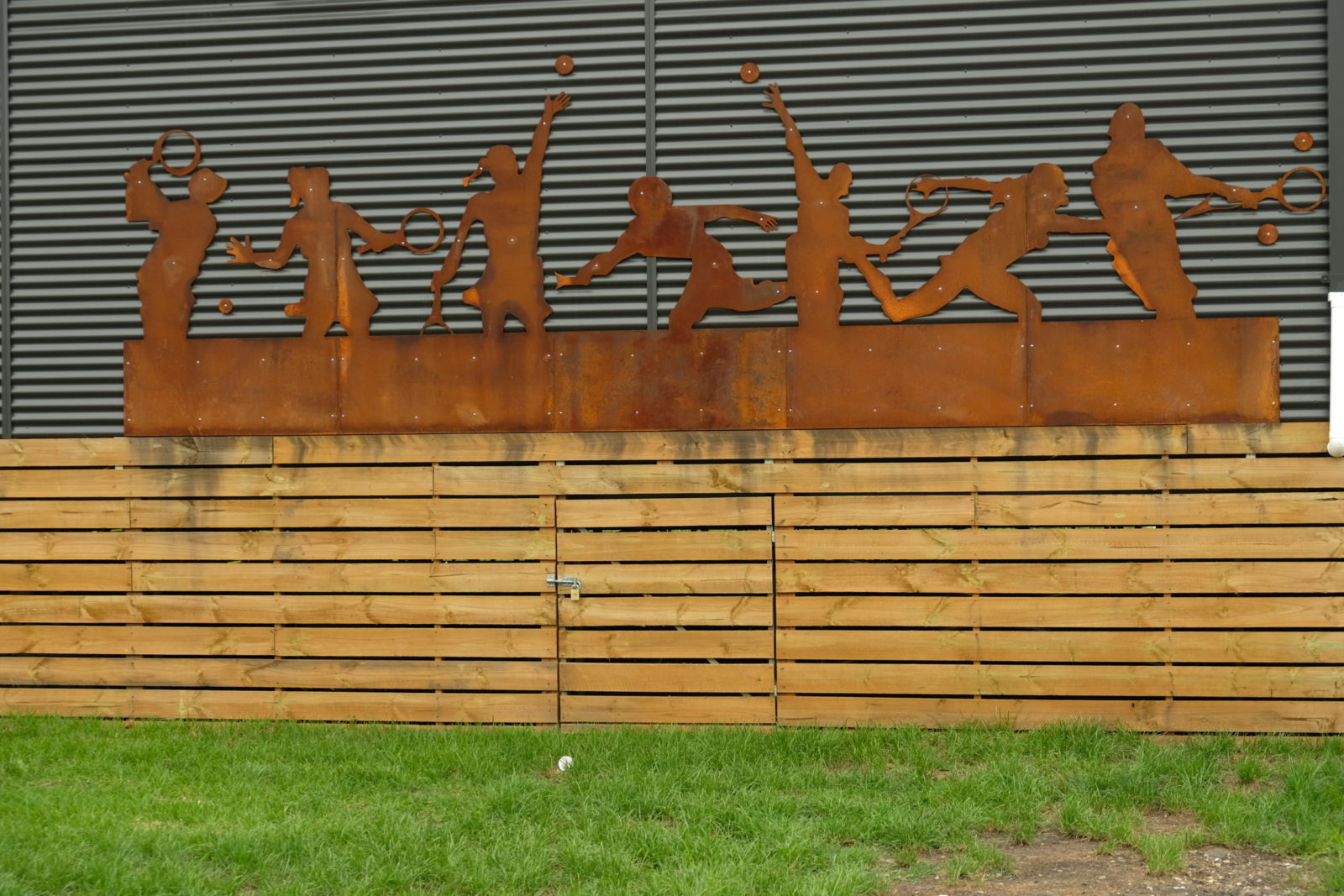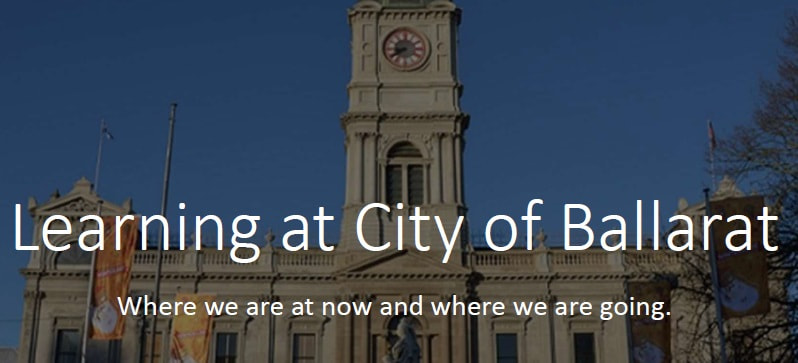The Australian Learning Communities Network Inc (ALCN) is a national network of leading-edge practitioners building sustainable communities using learning as the key element.
Owen James Saleeba (OAM)
The ALCN congratulates Owen James Saleeba (Jim) on being awarded the Medal of the Order of Australia (OAM) for service to vocational and tertiary education and to the community.
The ALCN is proud of the strategic leadership Jim provided to the Australian Learning Communities Network throughout the period 2001-2019. This network would not exist without his leadership. He promoted lifelong learning projects and the concept of learning cities in a very practical way. Through conferences, the sharing of lifelong learning practitioner stories through newsletters, advocating for practitioners, he built a strong network. He aligned strongly with international learning city partners, particularly in the United Kingdom and Canada. He left the ALCN in a financially stable position which has enabled the present network to grow.
Jim and the City of Wodonga played a critical role in the foundation of the ALCN, following a very successful Learning Cities Conference (2000) held in Wodonga. The Learning Cities movement is international, and Jim coordinated experts from the United Kingdom and Canada to share experiences at various times. Now the ALCN Inc. members include all five Australian UNESCO Learning Cities (Wyndham, and Melton (VIC), Canning (WA), Circular Head (TAS) and Wollongong (NSW), and other lifelong learning cities and learning communities that aspire to the UNESCO learning cities framework.
The ALCN Inc. is known internationally as representing UNESCO learning cities as demonstrated in 2024 when I was invited to present case studies of Australian UNESCO learning cities at the ASEAN+3 Regional Learning Cities Conference in Bangkok in October 2024. Members of the network are often invited to present their learning city project work at international webinars run by UNESCO and other international forums. This builds on the legacy that Jim founded.
Ripples December Newsletter 2025 (Issue 5/2025)
The Ripples Newsletter for December features reports on recent national and international webinars – Port Adelaide Enfield on Creating Circular Hubs; Ashburton, New Zealand on Keep Mid Canterbury Learning, the University of Derby, UK about Weaving Urban and Rural Knowledge into a Learning Society, international recognition for Wyndham in Bangkok, Thailand and a wonderful video about learning neighbourhoods.
Feedback and contributions for the next edition of the newsletter is welcome.
The December 2025 newsletter is here with past issues available here.
ALCN Annual Report 2023/2025
This Annual Report summarizes the work of ALCN Inc. and our place-based learning cities and learning communities over the period May 2024 until May 2025.
The ALCN is incredibly proud that our members include all four Australian UNESCO Learning Cities members – the City of Canning in Western Australia, Circular Head Council in Tasmania, the cities of Melton and Wyndham in Victoria.
Full details of the incredible work of our members are highlighted in the report. Read about Melton’s revamped Online Learning Directory, a case study on Circular Head as a regional and rural UNESCO Learning City, Tamworth Regional Council’s Cultural Plan, the City of Canning becoming a more Dementia Friendly City, PAE’s vision to become a Welcoming Liveable City: Made by People, Ballarat’s STEM program, Wollongong’s journey to develop a Learning City Strategy for 2025-2029, the initiatives in Brimbank to support all life stages with learning and community development, and Wyndham’s incredible summary of achievements in addressing actions in the Learning Community Strategy 2024-2025.
Download the ALCN Annual Report here: ALCN Annual Report 2024/2025 ALCN_Annual Report_2025FINAL
AGM Presentation
Hannah Pia Baral, CEO, ACE Aotearoa, and an experienced leader in adult education, shared an in-depth update on the state of Adult and Community Education (ACE) in New Zealand, highlighting the sector’s history, current challenges, strategic priorities, and future opportunities. She emphasised the importance of lifelong learning, equity, and innovation — particularly the integration of AI and ancestral intelligence in education.
Hannah’s presentation is available here ACE Aotearoa ALCN AGM presentation and a video presentation here [link to ALCN Learning Forum Adult and Community Education in Aotearoa New Zealand ]
Connecting Urban and Rural Learning Initiatives – PASCAL Learning Cities Network (LCN)
Connecting Urban and Rural Learning Initiatives – PASCAL Learning Cities Network (LCN)
The aim of this informal network is to examine the distinctive learning needs of regional, rural, and remote communities to find ways in which learning city initiatives, and linkages to urban communities, can support learning development and sustainable community building, that addresses the particularity of smaller places.
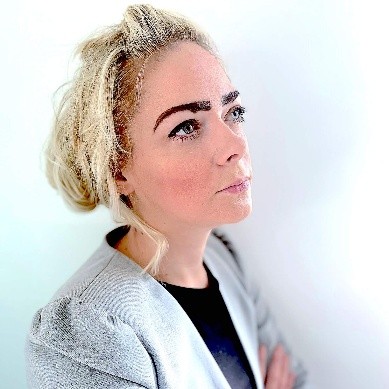 On 16 October Dr Rhiannon Jones (FRSA), Associate Professor Civic Practice and Head of Civic and Communities, University of Derby presented on The Civic Thread: Weaving Urban and Rural Knowledge into a Learning Society. This very engaging presentation explored how urban and rural knowledge systems can be interwoven to strengthen civic identity, inclusive learning, and place-based innovation—anchored by Derby’s role as a UNESCO Learning City.
On 16 October Dr Rhiannon Jones (FRSA), Associate Professor Civic Practice and Head of Civic and Communities, University of Derby presented on The Civic Thread: Weaving Urban and Rural Knowledge into a Learning Society. This very engaging presentation explored how urban and rural knowledge systems can be interwoven to strengthen civic identity, inclusive learning, and place-based innovation—anchored by Derby’s role as a UNESCO Learning City.
References
A summary of the meeting notes is available here: RUAL URBAN FORUM FINAL
You Tube Video Link of the presentation is available here: https://youtu.be/f2H41fWTPdQ
In May’s meeting Joanne Lockwood, Ballarat Libraries and Lifelong Learning Team, introduced members to the lifelong learning profile of Ballarat – a vibrant regional town in Victoria, Australia. A copy of her presentation is here. Ballarat Learning Profile 2025 Update (PPTX) OR Ballarat Learning Profile 2025 Update (PDF)
On 26 June 2025, Kay Delahunt, Manager Cultural and Community Services, spoke about Small Town Libraries and how they are now multipurpose facilities that are important community hubs in their communities.
Kay is based in Tamworth, New South Wales. Tamworth has a population of 68,905 (ABS, 2024). Kay manages the Tamworth Regional Library. This regional library model has six local government areas with shared services. This allows for economies of scales and the sharing of resources including staff expertise.
A video of this interesting presentation is available below, and Kay’s presentation is available here Small libraries.
If you are interested in becoming involved in the network email Leone Wheeler at alcn@bigpond.com
Presentation at the 17 PASCAL International Observatory Conference at Taipei 4-6 July 2024
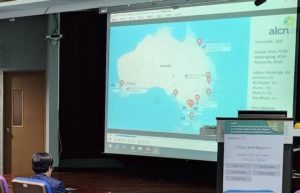
Associate Professor Jose Roberto Guevara (Robbie), RMIT University presented on behalf Diane Tabbagh, Wyndham City Council and myself on the topic of Evolving frameworks to analyze the vital actions of Australian placed-based learning cities and learning communities. A copy of our presentation can be downloaded from here. PASCAL ALCN Taipei Evolving frameworks July 2024 -FINAL
Report on the Learning Festival Webinar – 18 July 2024
A panel of speakers from Cork and Limerick (Republic of Ireland), Wyndham (Australia), and Durban (South Africa) – members of the UNESCO Global Network of Learning Cities and the PASCAL International Observatory’s Learning Cities Networks – shared over 28 years collective experiences of hosting Learning Festivals.
Moderated by Adult Learning Australia, and with an opening address from PASCAL International Observatory, this webinar aimed to facilitate learning and the exchange of experiences among learning cities.
We received very positive feedback, for example,
- It was great to hear about different approaches, especially from overseas colleagues. Good to hear the passion of the lifelong learning movement. Thank you.
A major outcome is that the Wyndham Team will expand its Special Interest Group on Learning Festivals to include more Australian and International Learning City partners! Email Sharyn Wheatcroft – Sharyn.Wheatcroft@wyndham.vic.gov.au if you are interested in participating.
Watch the recording by going to the Wyndham Learning City Resources page and opening up the Australian Learning Cities Network tag.
Report ALCN Learning Forum: Climate Action – Creating Community Circular Hubs held on Thursday 23 October 2025 | 3-4 pm AEDT
This ALCN Learning Forum explored how Community Circular Hubs can drive climate action, inclusion, and sustainability through localised reuse, repair, and education initiatives. Presenters from Green Industries SA (Shani Wood) and Port Adelaide Enfield Libraries (Benita Parsons) shared practical models, funding pathways, and community-led examples, while international and national frameworks — including UNESCO’s Learning Cities and Australia’s Climate Risk Assessment — provided strategic context. The session highlighted the social and economic benefits of circular hubs, implementation challenges, and behaviour change strategies, with interactive input from participants across Australia and beyond.
A full summary of the workshop is available here:ALCN Circular Hubs Forum – Meeting Notes – 2025-10-23lw edits
A recording of the Webinar is available here: https://www.youtube.com/watch?v=su1xQo3bfsg&list=PLuJFApluKqDGIZOgQhA9wnMy_yoZdy7Vi&index=1
Report on the ALCN Learning Forum Where Stories Grow: The Power of Reading
The ALCN Learning Forum – Where Stories Grow: The Power of Reading, held on 18 September explored how place-based literacy initiatives can foster a love of reading and create lifelong learning pathways for children and families.
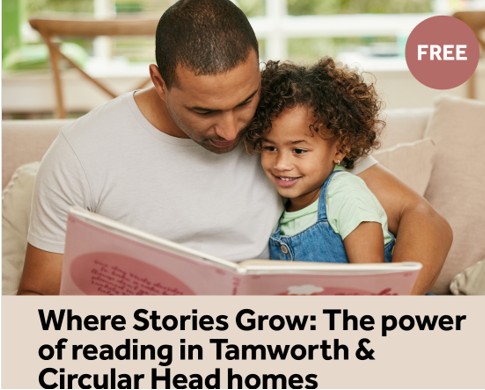
Our keynote speaker Dr Claire Galea, shared her research on the impact of Dolly Parton’s Imagination Library in Tamworth. Since 2019, more than 98% of children born in Tamworth have been enrolled in the Imagination Library. We heard from Kay Delahunt, from Tamworth Regional Council about how this has helped create a culture of reading in Tamworth that delivers powerful outcomes not only for the families who receive the books but also for the wider community.
From Circular Head, Tasmania, we heard about other powerful initiatives that are creating learning-rich homes.
Kate Grey, 26TEN Coordinator spoke on behalf of Amber Power from Circular Head Council about the implementation of Circular Head’s Learning City Commitments and the region’s history of lifelong learning initiatives. Kate introduced the wonderful community members who spoke about their initiatives:
- Emma Thompson, HIPPY Coordinator, outlined the Home Interactive Parenting Program for Youngsters (HIPPY), supporting parents as their children’s first teachers.
- Glen McLaren, Rotary Club of Smithton, highlighted their initiative to give every pre-kinder child a book.
- Pat Joyce, Soroptomist International Circular Head, shared the Books for Babies program, making sure stories are part of family life from day one.
Final Summary
Professor Bruce Wilson, our MC, thanked participants for their contributions and reflections, noting the value of bringing together diverse experiences and contexts.
He highlighted four key points:
1. Books matter – the tangible presence of a book provides focus and opportunity for learning from the earliest stages of life.
2. Relationships around books – learning is amplified when books are shared within families, across generations, and within communities.
3. The power of partnerships – effective learning initiatives rely on collaboration across organisations and sectors. Partnerships are challenging but essential, requiring time, commitment, and the development of social infrastructure.
4. Global frameworks and networks – frameworks like UNESCO’s Global Network of Learning Cities represent cumulative learning from around the world and provide a valuable resource for reflection and adaptation in local contexts. He closed by thanking organisers, speakers, and participants, and encouraged everyone to continue their work and join future ALCN events.
It was wonderful to bring the voices from research and practices together. Thank you to all our sponsor organisations: Tamworth Regional Council, Circular Head Council, Wyndham City Council (for administration and coordination), RMIT University, United Way and the Dolly Parton Imagination Library, HIPPY, Rotary Club of Smithton, and Soroptomist International Circular Head!
As United Way noted the message was clear: empowering caregivers as their children’s first teachers is one of the most powerful investments we can make.
Resources:
- A recording of the seminar is available here.
- Dr Claire Galea’s presentation is available here. Tamworth presentation FINAL 160925
- Detailed notes are available here. Recap Meeting Notes ALCN Learning Forum – Where Stories Grow The power of reading in Tamworth Circular Head homes Thursday 18 September
Report on ALCN Learning Forum – Capturing Learner’s Stories
This forum was led by Sharyn Wheatcroft, Learning Community Officer, Wyndham City Council.
The purpose of the forum was to explore methods to amplify learner voices, share impactful case studies, and discuss practical strategies for lifelong learning initiatives.
Three case studies from LearNWest, Learning for Earning, and RMIT highlighted effective ways to engage learners and support community-driven learning pathways.
Summary notes of the forum can be downloaded here ALCN Capturing the Learners Voice Supporting Lifelong Learning Pathways – SUMMARY NOTES – 2025-03-28
A copy of Sharyn’s presentation is available here ALCN Learning Forum – Capturing the Learners Voice – 28 March 2025
Report on the Circular Head Learning Forum held on 20 February
Tony McGillvery, Manager, Study Centre Circular Head, provided a background on Circular Head, North West Tasmania which is a member of the UNESCO Global Network of Learning Cities.
You can find out about the demographics of the region; the economy; the formal and informal learning infrastructure, and the importance of having a Regional University Study Hub (Study Hub Circular Head) by downloading a background paper here:
Tony’s presentation is available here:
Dr Leone Wheeler, Hon CEO of the ALCN ALCN invited to ASEAN+3 Regional Learning Cities Conference – 29-30 October 2024 (Bangkok, Thailand).
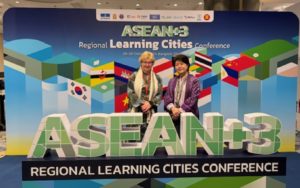
Photo: Dr Leone Wheeler with Dr Rika Yorozu, Program Specialist for Education, UNESCO Regional Office, Bangkok.
I was honoured to be invited to present at this conference on Successful Strategies of the Networking Activities of Australian Learning Cities and Learning Communities by the UNESCO Regional Office in Bangkok (UNESCO Bangkok) in collaboration with the Program Management Unit on Area Based Development (PUM A) of Thailand’s Ministry of Higher Education, Science, Research and Innovation, together with the Equitable Education Fund (EEF) of Thailand; the Ministry of Education; Bangkok Learning City; TK Park and the Office of Knowledge Management and Development (OKMD).
The aim of the conference is to provide invaluable opportunities for cities in the region to learn from the experiences of their regional counterparts by providing examples of how these cities accelerated their own progress in fostering lifelong learning and the achievement of the Sustainable Development Goals (SDGs) of the Education 2030 Agenda – particularly SDG 4: Quality Education, and SDG11: Sustainable Cities and Communities.
A full report is available here ASEAN_3 Report to ALCN Executive.
Report on recent Learning Forums
ALCN Learning Forum on Community/Learning Needs Analysis held on 10 October 2024:
Introduction & Context:
The session was chaired by Joanne Lockwood, Coordinator at Ballarat Library and Learning, who introduced the forum by highlighting the importance of community engagement before developing a formal Learning Framework. The session was informal, with an emphasis on sharing experiences related to community and learning needs analysis. Joanne was particularly interested in learning from others as she begins her own community engagement efforts for Ballarat.
Further discussion on the topic and a list of resources can be found here ALCN Learning Forum on Community Learning Needs Analysis – Summary – 10 October 2024
Climate Resilience, Sustainability and Regeneration: Community Education and Action – 24 October 2024
The forum showcased the practical Education for Sustainable Development (ESD) work of the UNESCO Learning City of Melton, Victoria, alongside initiatives from Port Adelaide Enfield (PAE) and the Living Lightly Locally project in South Australia, which partnered with the Burnside and Mount Barker Councils.
Resources:
- A summary of the discussionsALCN Climate Resilience Sustainability and Regeneration – Forum – 2024-10-24
- Climate Resilience Projects at PAE Libraries – Gen Green and Council Collaboration – Presentation by Benita Parsons PAE Climate Resilience in template 2024
- The City of Melton Learning Festival 2024 Presentation (Ms Sylvia Velez) LF Melton ALCN 241024
- Living Lightly Locally for Regenerative Regions Presentation (Dr Keri Hopeward, Uni SA) LLL – Climate Education Forum Final
- Menti Meter Summary ALCN Climate Reslience Forum Menti Meter
What is a Learning Community?
A learning community is one that address its own learning needs through partnership. It uses the strengths of individual, social and institutional relationships across sectors to bring about cultural shifts in the perceptions of the value of learning. Learning communities explicitly use learning to enhance social, economic, cultural and environmental conditions on a sustainable, inclusive basis.
